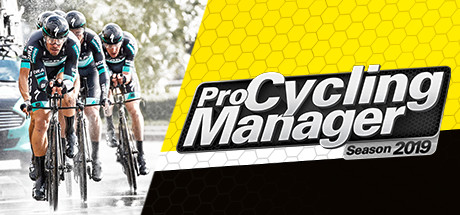Franchise Hockey Manager 6 – Staff Attributes Guide

Staff Attributes
As players, every member of the non-playing staff is rated in a variety of different types of attributes. The job the staff member is currently performing may only use some of these attributes, but he will always be rated in every category. All attributes have a normal range of 1-20, but unlike player ratings, 20 is an absolute cap. Below is a detailed explanation of what each individual attribute represents, taken in part from the editing guide used by the database researchers.
Scouting Ratings:
Evalutate Abilities: Used to evaluate the current skill level of players, so it’s primarily useful when looking at players that might be added to the roster immediately.
Evalutate Potential: Used to evaluate the player’s future potential, primarily used for longer-term prospects, like the ones taken in an entry draft.
Scouting Regions: If a scout has a region listed here, he’s considered to be adept at scouting anywhere within it. If none is listed, the scout’s region is limited to the state or province of his birth. Scouts have their accuracy penalized when evaluating prospects who play outside their region.
Preferences:
Off. Preference: A coach’s preference for either offense- or defense-oriented tactics, or a balanced approach.
Physical Preference: A coach’s preferred level of physical play (hitting, aggressiveness, fighting) in his tactics.
Line Matching Tendency: The coach’s tendency to try to actively match his lines to those of the opposing team, as opposed to taking a more passive approach and selecting lines without reference to the oppositon.
Goalie Handling: The coach’s tendency to pull a goalie having a bad game and give the backup more starts.
Favour Veterans: The coach’s tendency to prefer veteran players over those with less experience.
Innovation: The coach’s ability to get the team to adjust to new tactics quickly.
Loyalty: The coach’s tendency to prefer players who’ve been with the team for a while over those who are relative newcomers.
Coaching Ratings:
Coaching Goalies/Defence/Forwards: A coach’s ability to get players of that type of position to improve. If the coach is a retired player, he should typically get his highest rating at his former position.
Coaching Prospects: A coach’s ability to get younger players to improve. Coaches with substantial/recent experience at the junior or college level should tend to get a better-than-average rating here.
Defensive Skills: A coach’s ability to improve his players’ defensive skills.
Offensive Skills: A coach’s ability to improve his players’ offensive skills.
Physical Training: A coach’s ability to improve his players’ physical skills. Note that this refers to the physical skills attribute category, which is primarily composed of skating-related skills, and not “physical” skills in the aggressive sense.
Misc. Ratings:
Player Management: A coach’s ability to keep players happy and co-operating with each other, particularly in difficult circumstances. Affects changes to player morale.
Player Motivation: A coach’s ability to get players to perform to their maximum potential despite pressure or situations that may cause unhappiness.
Discipline: The GM’s ability to maintain order and discipline on the team.
Negotiating: A GM’s ability to get a better deal in trades, and persuade players to sign for slightly lower amounts.
Self-Preservation: A staff member’s ability to convince his owner or GM to be patient with them in circumstances that might jeopardize their job security. A higher score will keep them employed a little longer when they get into trouble.
Tactics: A coach’s ability to successfully get the most out of the tactics your team employs, and out-coach your opposition. This will influence his effectiveness with the tactics he chooses.
Ingame Tactics: A coach’s ability to adjust your gameplan while a game is underway.
Trainer Skill: The staff member’s ability to help players recover from injuries.










